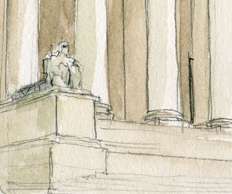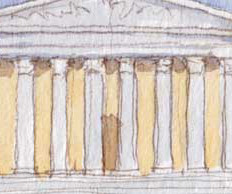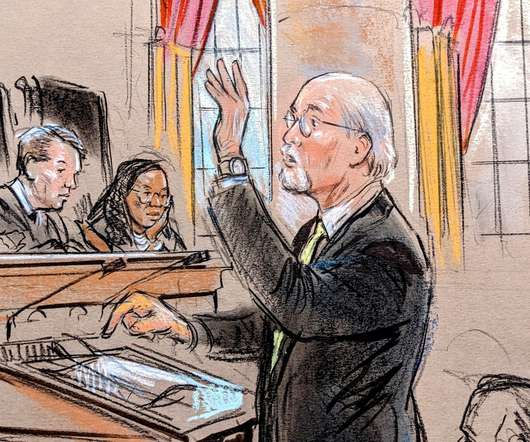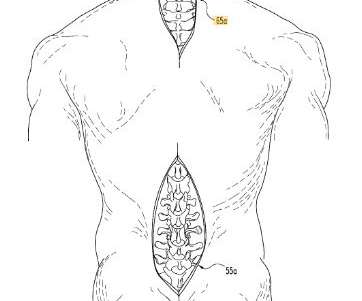No cause of action against employers for take-home COVID
At the Lectern
JULY 6, 2023
In other words, there’s no legal exposure for employee family member virus exposure. The court also holds that California’s worker’s compensation statutes don’t bar the action.





















Let's personalize your content